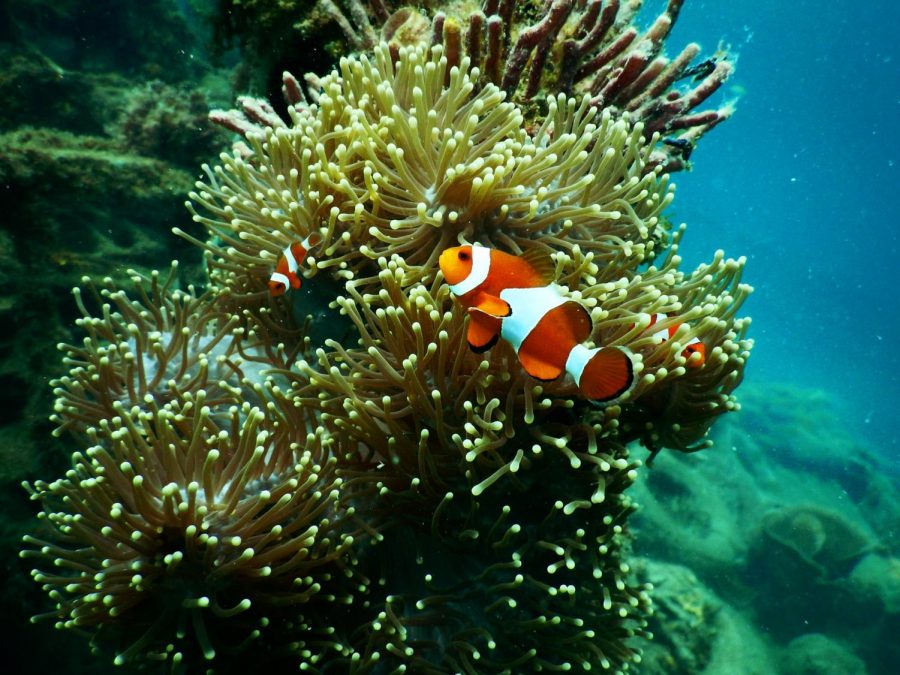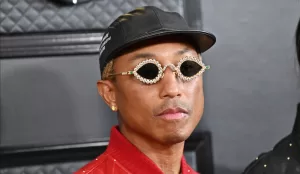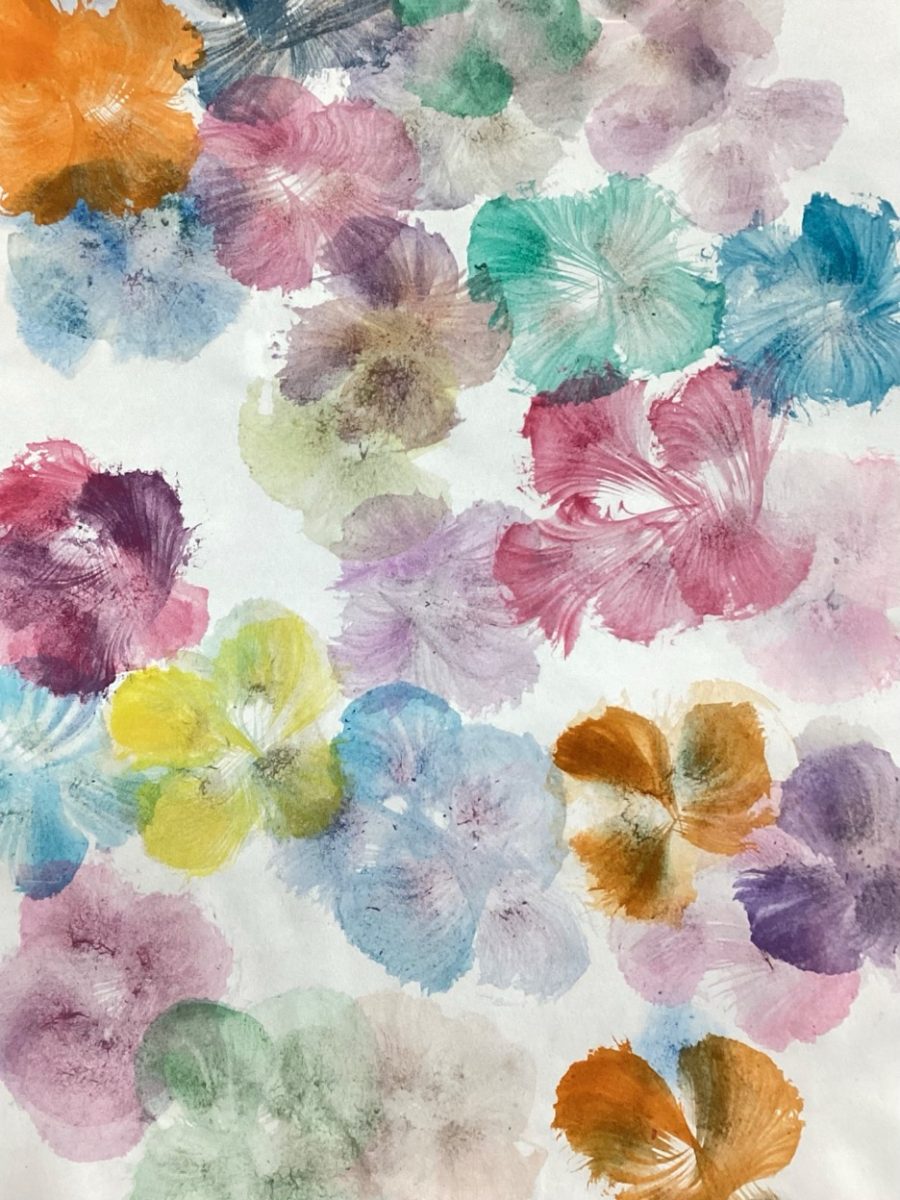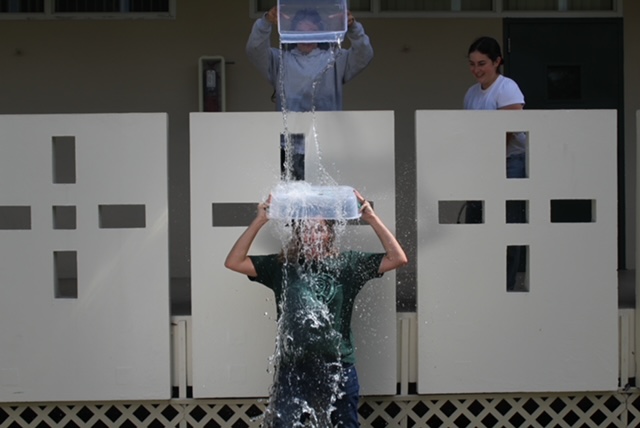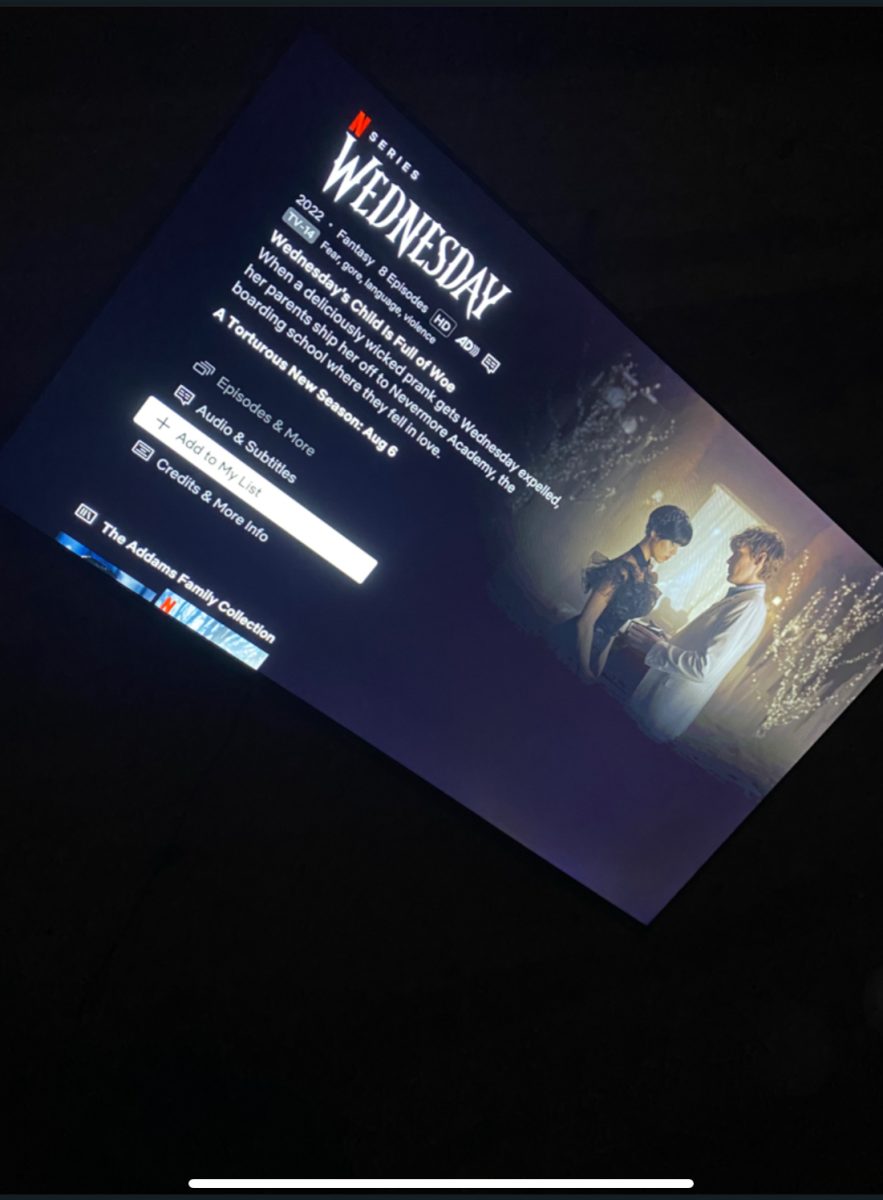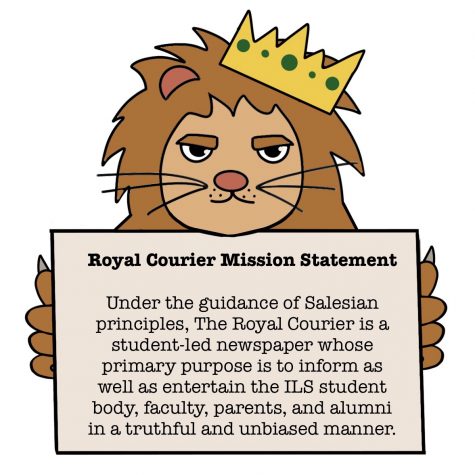Coral Reefs are Dying… Here’s How You Can Help
April 20, 2021
Climate change is causing coral bleaching and damage that is detrimental to the planet as we know it. Coral bleaching happens when corals lose their vivid, beautiful colors and begin to turn white.
Corals get their color from something called zooxanthellae, which is a type of microscopic algae. These organisms live on the coral and they have a mutualistic symbiotic relationship.
Without each other, neither the coral or zooxanthellae could survive. Coral bleaching kills the zooxanthellae, and therefore kills the coral.
The main trigger for coral bleaching is climate causing the ocean to become warmer. Even a 2-3 degree change in the water temperature can cause extreme amounts of damage.
There are also many other triggers for the death of corals such as pollution, overfishing and destructive fishing practices, eutrophication (which is when runoff from land causes excess nutrients to go into the ocean), and more.
Once these corals die, it is extremely difficult for the reefs to come back and rebuild on their own. Entire reef ecosystems, which people and animals depend on, end up dying.
Coral bleaching has become a widespread event, happening in oceans all over the world. The National Oceanic and Atmospheric Association stated that between 2014 and 2017, approximately 75% of the world’s tropical coral reefs experienced bleaching and that was enough to kill coral in 30% of them.
“The current issue with coral bleaching in our oceans is absolutely harmful and detrimental to the environments health and our own,” said senior Ava Chandler.
People and animals depend on reefs. They help prevent storms and lessen their blow and provide a safe space for many marine animals.
“I think is very unfortunate and telling of humanity’s priorities that we are dealing with such a horrid situation in which corals are facing the consequences of our actions,” said senior Emma Obregon. “I hope that many people around the world, and especially from the older generations, start understanding the importance of corals on Earth,” she continued.
There are many things that people can actively do to help prevent coral bleaching from taking place.
Certain sunscreens contain a chemical called oxybenzone, which is extremely harmful to reefs. Using sunscreens such as SunBum, Supergoop!, and Drunk Elephant instead is an extremely helpful practice to adopt for the benefit of the ocean.
Participating in beach and ocean cleanups and encouraging people not to litter is also incredibly helpful.
Students at ILS have also been taking action.
“Some things I have been doing are posting on social media to try and reach out to people about the situation, signing petitions, incorporating reef safe alternatives in my household, and I’m planning to study environmental science in college to get to know more about the effects of global warming and other events harming the planet,” said senior Belen Gonzalez.
To learn more about coral reefs, watch the documentary “Chasing Coral” on Netflix. It contains lots of helpful information and also provides the audience with more ways to help combat climate change and coral bleaching.


